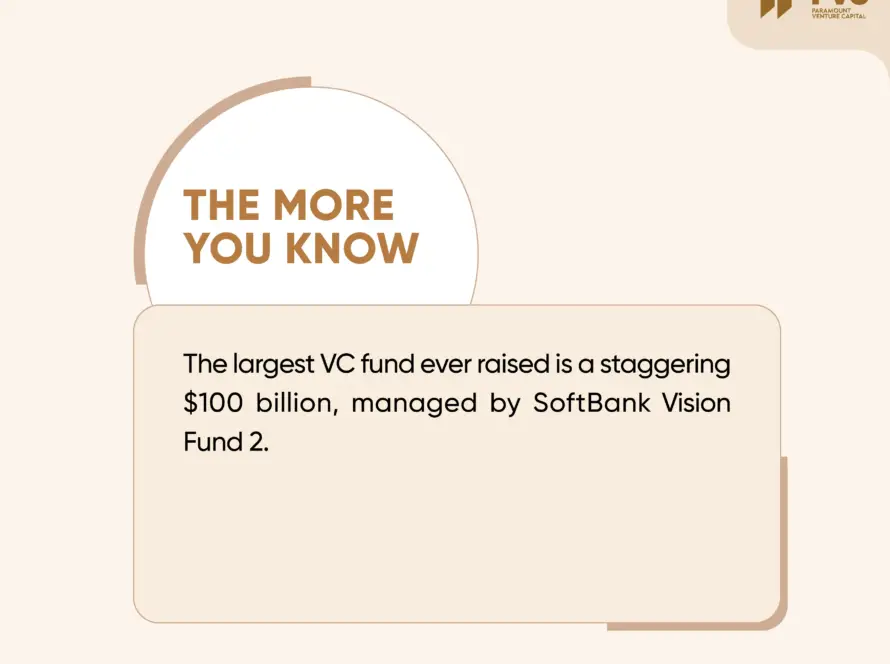Financial modeling is essential for evaluating startup investments, and here’s how it integrates with startup investment:
𝟏. 𝐕𝐚𝐥𝐮𝐚𝐭𝐢𝐨𝐧: Financial models help determine the true value of a startup. Investors want to know if they’re getting their money’s worth, and startups need to showcase their potential.
𝟐. 𝐒𝐜𝐞𝐧𝐚𝐫𝐢𝐨 𝐀𝐧𝐚𝐥𝐲𝐬𝐢𝐬: Startups face uncertainties. Through financial models, they can simulate different scenarios and demonstrate to investors how they plan to adapt in various situations.
𝟑. 𝐑𝐢𝐬𝐤 𝐀𝐬𝐬𝐞𝐬𝐬𝐦𝐞𝐧𝐭: Investors evaluate the risks involved in a startup investment. Financial models provide a clear picture of potential pitfalls and strategies to mitigate them.
𝟒. 𝐅𝐮𝐧𝐝𝐫𝐚𝐢𝐬𝐢𝐧𝐠: Startups rely on financial models when pitching to investors. Accurate financial projections and a solid model can be the difference between a ‘yes’ or a ‘no.’
𝟓. 𝐆𝐫𝐨𝐰𝐭𝐡 𝐏𝐥𝐚𝐧𝐧𝐢𝐧𝐠: Models help startups set targets and map out strategies for growth. Investors are more likely to support a well-planned growth trajectory.
In essence, financial modeling is the language that startups and investors use when discussing potential partnerships. It ensures transparency and aligns expectations for both parties.
Whether you’re a startup founder or an investor, understanding the art of financial modeling can be a game-changer!
#Investment101 #FinancialModeling #InvestmentKnowledge #ParamountVentureCapital #PVC



